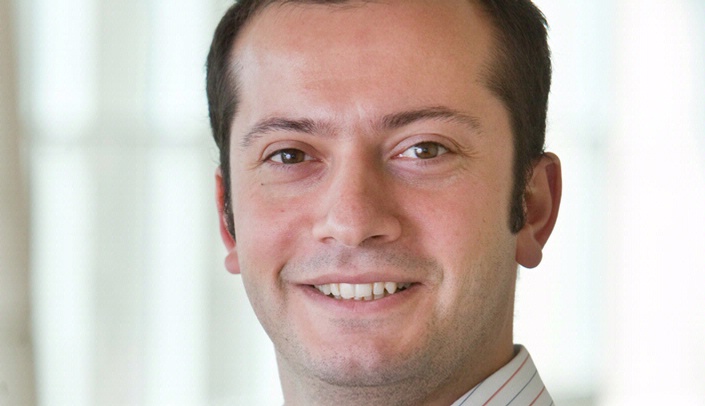“Sorry, you didn’t like what I made for you?”
It’s a familiar refrain heard around a Turkish dinner table, and it’s designed to guilt those present into eating extra servings despite full bellies.
The obesity epidemic is a public health problem all around the world, and Turkey is not an exception. One in four children in Turkey between the age of six and 16 are overweight or obese, and this trend has been accelerated with the positive economic transformation of the country over the last 12 years. It has likely impacted family nutritional practices and physical activity behaviors both of parents and children.
MOUs facilitate partnership
The project was made possible after two memorandums of understandings were signed last spring between the University of Nebraska-Lincoln, the UNMC College of Public Health and the Institute of Public Health at Hacettepe University. UNL’s College of Education and its Buffett Early Childhood Development Center has a second project with Hacettepe’s College of Education.
Both projects, which are co-funded by the participating institutions, are part of the University of Nebraska’s institutional interest in establishing global and comprehensive early childhood development and health programs.
UNMC College of Public Health researchers have launched a novel one-year study with their partners at Hacettepe University in Ankara, one of the most prominent medical academic institutions in the region. The aim of the study is to better understand the factors associated with child obesity along with parental perceptions and stigma ingrained in the Turkish culture.
Ozgur Araz, Ph.D., and Terry Huang, Ph.D., professors of health promotion, social and behavioral health, College of Public Health, are leading the study from the UNMC side. Along with their collaborators at the Public Health Institute of Hacettepe University, they are conducting surveys of 1,500 families — parents and children — at three different socioeconomic levels. The children will be fourth graders who live in Ankara, the Turkish capital.
This project is a first-of-its-kind for Hacettepe and the first time the College of Public Health has ventured into Turkey. Hacettepe is well respected in research in Europe, Middle East and North Africa.
Dr. Araz, a native of Turkey, said the project will promote diversity, student and faculty exchanges, and the co-hosting of conferences and workshops.
“More parents are in the work force in Turkey now, so they don’t have as much quality time with the kids to provide them guidance in food consumption and physical activity,” Dr. Araz said.
The government is attempting some progressive measures, Dr. Huang said. “The Minister of Health has banned carbonated drinks in the schools and instituted policies that cut salt and other fattening ingredients in bread – a staple in Turkish cuisine.”
Study results are expected this fall. Dissemination meetings will follow to provide broader impact and more policy influence.
“This global engagement will help us develop interventions for emerging and developing countries in the future,” Dr. Araz said.
